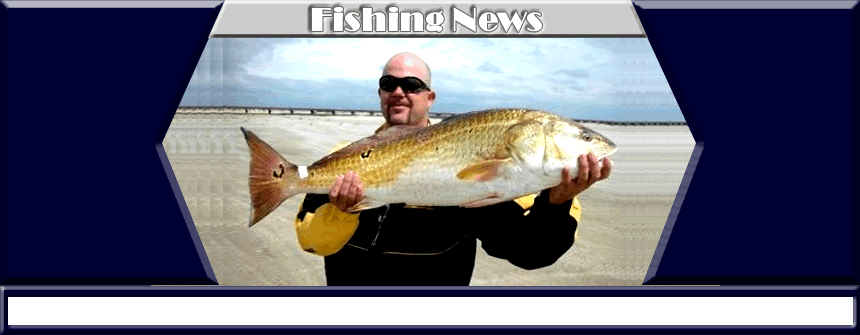|
The Catch of the Day
Fishing is the activity of hunting for fish. By extension, the term fishing is also applied to hunting for other aquatic animals such as various types of shellfish as well as squid, octopus, turtles, frogs and some edible marine invertebrates. The term fishing is not usually applied to the hunting of aquatic mammals such as whales. Fishing is an ancient and worldwide practice with various techniques and traditions and it has been transformed by modern technological developments. It has even became a sport of some account. Fishing in antiquity.
Origins
"Fishing" is a very ancient practice that dates back at least to the Mesolithic period which began about 10,000 years ago. We know from archaeological features such as shell middens[1], discarded fish bones and cave paintings that sea foods were important for survival and consumed in significant quantities. During this period, most people lived a hunter-gather lifestyle and were, of necessity, constantly on the move. However, where there are early examples of permanent settlements (though not necessarily permanently occupied) such as those at Lepenski Vir, they are almost always associated with fishing as a major source of food.
The Neolithic culture and technology spread worldwide between 4,000 and 8,000 years ago. With the new technologies of farming and pottery came basic forms of all the main fishing methods that are still used today.
Fishing may even pre-date the development of modern humans. The aquatic ape hypothesis, a controversial proposal, suggests that the ancestors of modern humans went through one or more periods of time living in a semi-aquatic setting and gathered most of their food from shallow coastal or other waters before their descendants returned to a more land-based existence.
Sport fishing is a term (often used interchangeably wih Game Fishing) that describes recreational fishing where the primary reward is the challenge of finding and catching the fish rather than the culinary or financial value of the fish's flesh. The distinction is not completely rigid - in many cases, sport fishers will also eat their catch. The philosophies and tactics used for sport fishing, however, are usually sufficiently different from "food fishing" to make the distinction clear enough.
Sport fishing methods vary according to the area being fished, the species being targeted, the personal strategies of the angler, and the resources available, ranging from the aristocratic art of fly fishing, ostensibly invented in Great Britain , to the high-tech methods used to chase marlin and tuna. In virtually every case, however, the fishing is done with hook, rod and reel rather than with nets or other aids.
In the past, sport fishers, even if they did not eat their catch, almost always killed them to bring them to shore to be weighed or for preservation as trophies. External pressure from conservationists, combined with a genuine concern about fish stocks, have caused many sport fishers to begin releasing their catch alive, sometimes after fitting them with identifying tags and recording their details so as to aid fisheries research (known as tag and release).
Sport fishing competitions give competitors (individuals if the fishing occurs from land, usually teams where conducted from boats) a specified time and area from which they are to catch fish. Scores are awarded for each fish caught, the points depending on the fish's weight and species, and then, sometimes, divided by the strength of the fishing line used (so catching fish on thinner, weaker line scores additional points). In tag and release competitions, a flat score per fish, divided by the line strength, is awarded for each species caught.
|
|
